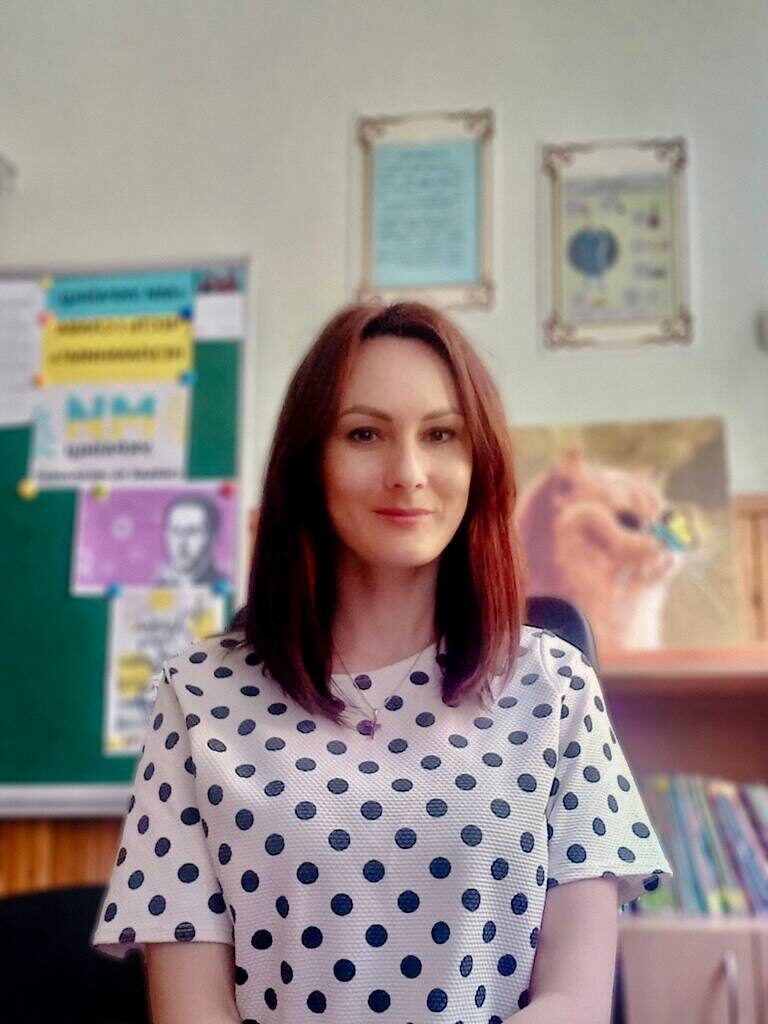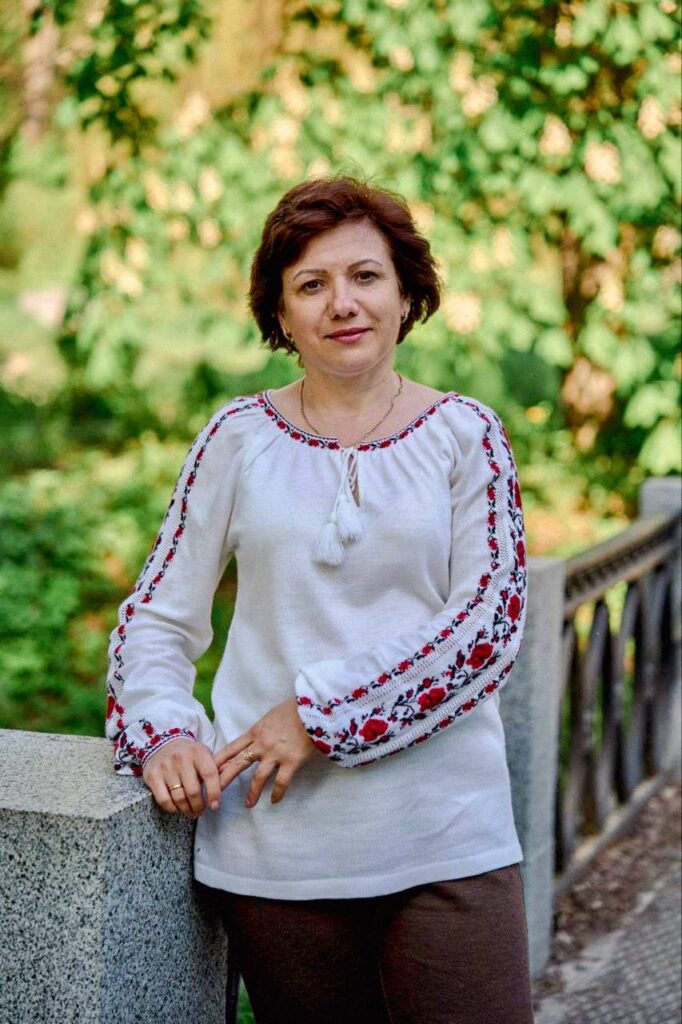

The past academic year has been a true test for teachers and students alike. First and foremost, teachers had to gather themselves and not only deliver knowledge in an engaging and interactive manner, even from shelters, but also create a conducive atmosphere of safety during lessons. Students, on the other hand, had to concentrate and learn despite challenging conditions and fluctuating psychological states. Adding to blackouts, connectivity disruptions, and the fact that both participants in the educational process often found themselves far away from home. In order to maintain a connection with Ukraine and its educational system, and to study subjects not taught in foreign schools, the NGO “Smart Osvita” created the project called “Stay with Ukraine”.
Throughout this academic year, the project, which involved 47 educators, helped over 1,300 students learn Ukrainian language, literature, and history online. Students from over 20 different countries participated in the project, including the United States, Canada, the United Kingdom, Germany, Poland, the Baltic countries, Scandinavia, and other corners of the world. By the way, the project is planned to be continued in the next academic year, and the registration form can be filled out at the provided link.

How did students and teachers manage to overcome difficulties, and what life lessons did they take from the past academic year?
Natalia Lytvyn, a Ukrainian language and literature teacher, shared that she derived the greatest satisfaction from interacting with her students. She described the past year as “multitasking” because they had to survive, not lose themselves, and support those around them. Even when she had no electricity at her apartment, she went to friends or relatives to continue teaching and worked from resilience points.
“Thanks to ‘Stay with Ukraine,’ participating teachers reached a new level of work awareness and moved away from unnecessary formalities, appreciating the advantages of simple communication,” Natalia said.

Vadym Anikienko, a history teacher, revealed that the biggest challenge for him was power outages. When there was no internet, he distributed it from his phone and then started experimenting: “
We bought an inverter and set up a system where we connected the router to a car battery, and if necessary, we also connected a laptop.”
Despite these difficulties and the constant sound of air raid sirens during lessons, the students eagerly participated in discussions, were not afraid to express their own opinions, asked questions, and engaged in debates. This interaction and student motivation the teacher sincerely appreciates.

Oksana Makharinska, a history teacher, said she conducted classes using a flashlight and candles, all to tell the children about the multifaceted history of Ukraine. The experience of distance learning in previous years and additional online courses offered by the Ministry of Education and Science also facilitated the process. The teacher is thrilled that students showed genuine interest in the subject and asked to continue the project in the next academic year, which is undoubtedly heartening for the educators and creators of “Stay with Ukraine.”

The first year of the project concluded with graduation meetings for the students: grades 5-7 made origami with pedagogue Maria Uyemova-Kosova, while grades 8-11 had conversations with renowned writers Olha Kupriyan, Oksana Lushchevska, and Sashko Dermansky.
We would like to remind you that the NGO “Smart Osvita” has already opened registration for the 2023-2024 academic year. The registration form can be found here.
The project was created and is supported by Theirworld, Global Business Coalition for Education, and Educo Foundation.
